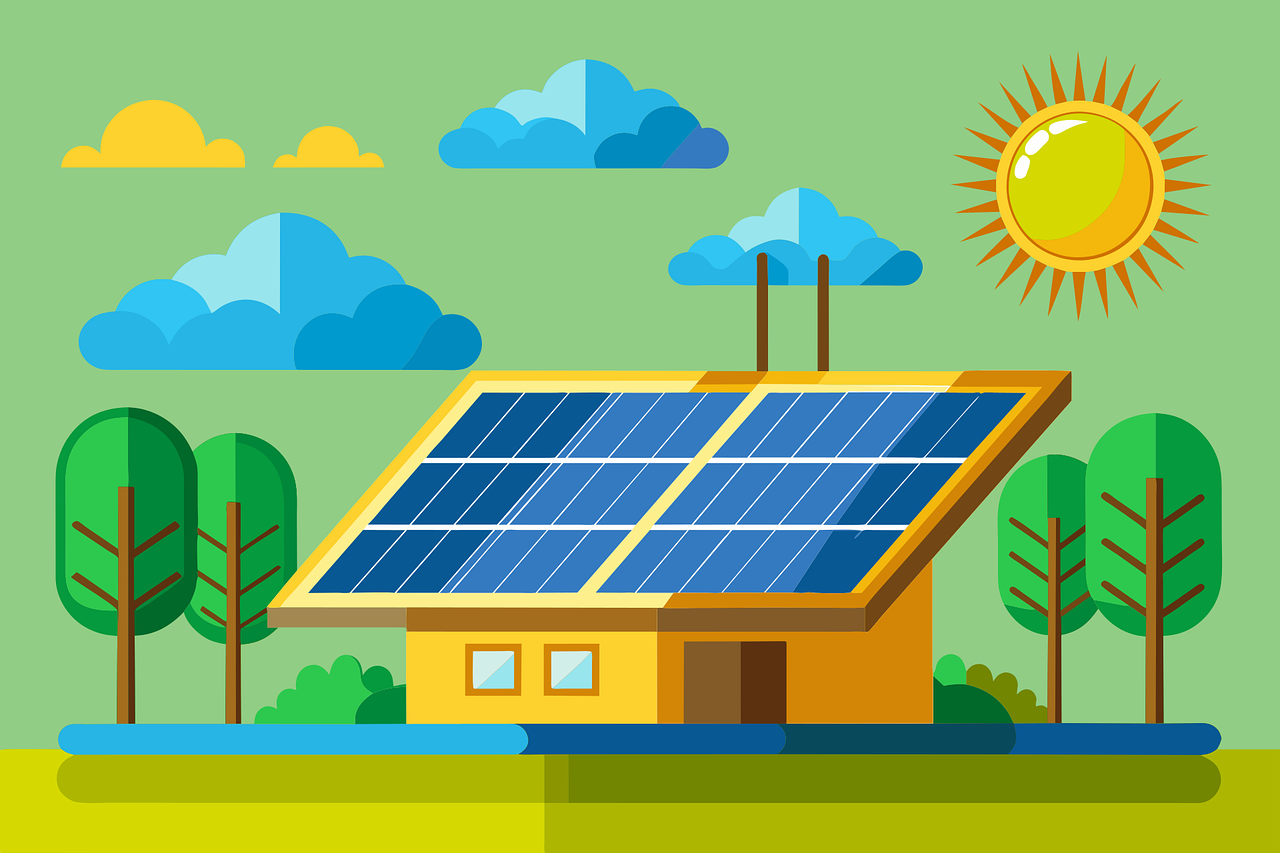
Source: Pivot Tabelle
The Power of Solar Energy
Solar energy is a vital source of energy on Earth, providing warmth and sustenance for all living beings. Humans have learned to harness this abundant energy resource in various ways to meet their needs.
Historical Roots
Fossil fuels, such as coal and oil, are essentially stored solar energy from millions of years ago. When burned, these fuels release the sun’s energy, which is then used for transportation and electricity generation. Biomass, another form of stored solar energy, is converted into a fuel for heat, transport, or electricity.
Renewable Energy Sources
Wind energy, a renewable energy source, utilizes air currents created by solar-heated air and the earth’s rotation. Wind turbines now efficiently convert wind power into electricity, in addition to their traditional mechanical uses.
Hydropower, another renewable energy form, depends on the sun’s role in the water cycle. The sun’s heat causes water to evaporate, which later returns to the earth as rain, filling dams and generating electricity through hydroelectric power plants.
The Role of Photovoltaics
Photovoltaics (PV) offer a direct and efficient method of capturing solar energy. PV devices, also known as solar cells, convert sunlight directly into electricity without any moving parts, noise, or pollution. This makes them durable, reliable, and long-lasting.
Solar cells operate on principles and materials that have also driven the advancements in communication and computing technologies. They play a crucial role in the utilization of solar energy for various applications, from residential to industrial settings.
As technology continues to advance, the potential of solar energy and photovoltaics in particular, holds great promise for a sustainable and clean energy future.

Source: Solar Planet
Feel free to comment your thoughts.
